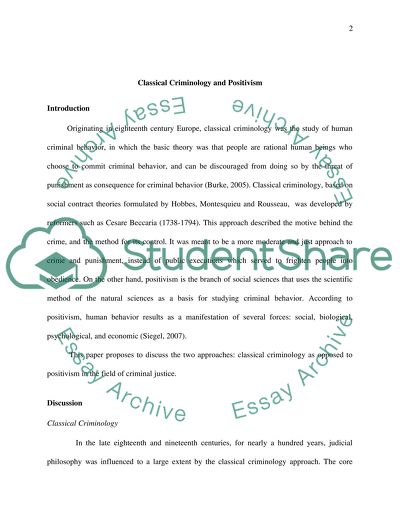Cite this document
(“Positivism Essay Example | Topics and Well Written Essays - 1250 words”, n.d.)
Retrieved from https://studentshare.org/miscellaneous/1546322-positivism
Retrieved from https://studentshare.org/miscellaneous/1546322-positivism
(Positivism Essay Example | Topics and Well Written Essays - 1250 Words)
https://studentshare.org/miscellaneous/1546322-positivism.
https://studentshare.org/miscellaneous/1546322-positivism.
“Positivism Essay Example | Topics and Well Written Essays - 1250 Words”, n.d. https://studentshare.org/miscellaneous/1546322-positivism.


